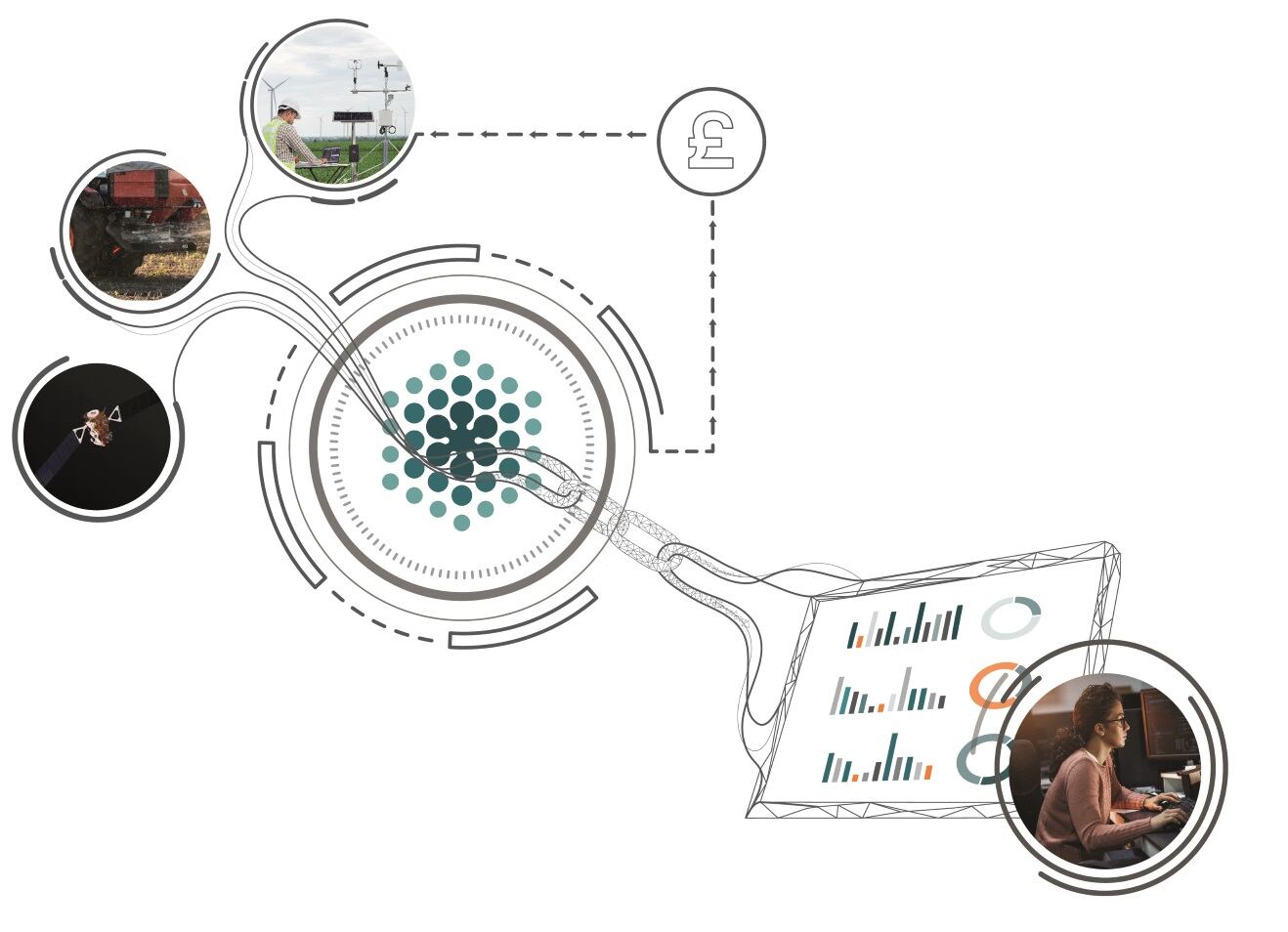Agrimetrics believes food production – particularly at an agricultural level – has a ‘big data problem’. The sector ‘desperately’ needs to improve efficiency and sustainability.
But while many have hailed the promise of data-driven technologies to deliver solutions to this challenges, Agrimetrics CEO Dr David Flanders believes many of these promises have been hollow.
“The problem is two-pronged,” Dr Flanders explained. “Agri-businesses are – often justifiably – reluctant to share their data. Meanwhile, organisations lack the information they need to build new solutions.”
The result has weighed on the development of transformative innovation in the food production sector, he continued. “This has prevented meaningful innovation. Data-driven manufacturers have, for example, increased production by 50% and cut waste by 20%.”
In response, Agrimetrics, the National Agri-Tech Centre for Innovation in Data Science, wants to overhaul the way agricultural data is shared and accessed.
It has developed an Agri-Food Data Marketplace that will enable data-owners to share and monetise their data safely. At the same time, the platform will make it easier for data-consumers to find the information they need.
'Seamlessly connecting' data producers and users in food and farming
This has attracted significant attention, according to Agrimetrics.
The Centre has ‘close links’ across multiple stakeholders from the farmer-funded the Agriculture and Horticulture Development Board (AHDB), to the UK Department for Environment Food and Rural Affairs (DEFRA) and the National Farmers Union (NFU). Within the tech world, Agrimetrics counts Microsoft as a strategic partner.
And already the concept is catching the attention of data suppliers. Aerospace giant Airbus, for instance, has already made satellite-derived field attributes available through the Data Marketplace. These attributes can be used to calculate irrigation requirements and develop methods for countering lodging. Airbus is joined by The Centre for Ecology and Hydrology (CEH), Soil Grids, The Met Office, Natural England, The Environment Agency and others, Agrimetrics noted.
Large-scale data users are also experimenting with how this data can drive efficiency and sustainability.
Agrimetrics points to the example of BASF, one of the the world’s largest chemical manufacturers. The German chemical company has used the data to develop a water stewardship tool that gives field-specific guidance on when to spray.
Dubbed wHen2gO, the tool simplifies a complex regulatory area and is an example of how data-driven tools can improve sustainability and farm profitability.
Elsewhere, Barfoots, the UK food and farming company, has used the data to create a predictive harvest model to reduce waste and inefficiencies across its international supply chains.
Dr Matthew Smith, Agrimetrics' chief product officer, believes that this type of data-linked supply chain will be vital if the food sector is to leverage exciting technological advances.
“Robotics, artificial intelligence, carbon farming, predictive models, farm-to-fork traceability and natural capital accounting are often-highlighted when discussing the future of agriculture,” Dr Smith noted.
“However, they fundamentally depend on the ability to easily exchange data. This requires new linked-data supply-chains that seamlessly connect data-producers and data-consumers throughout the food and farming system. The Agri-food Data Marketplace is the closest yet to making this a reality.”




